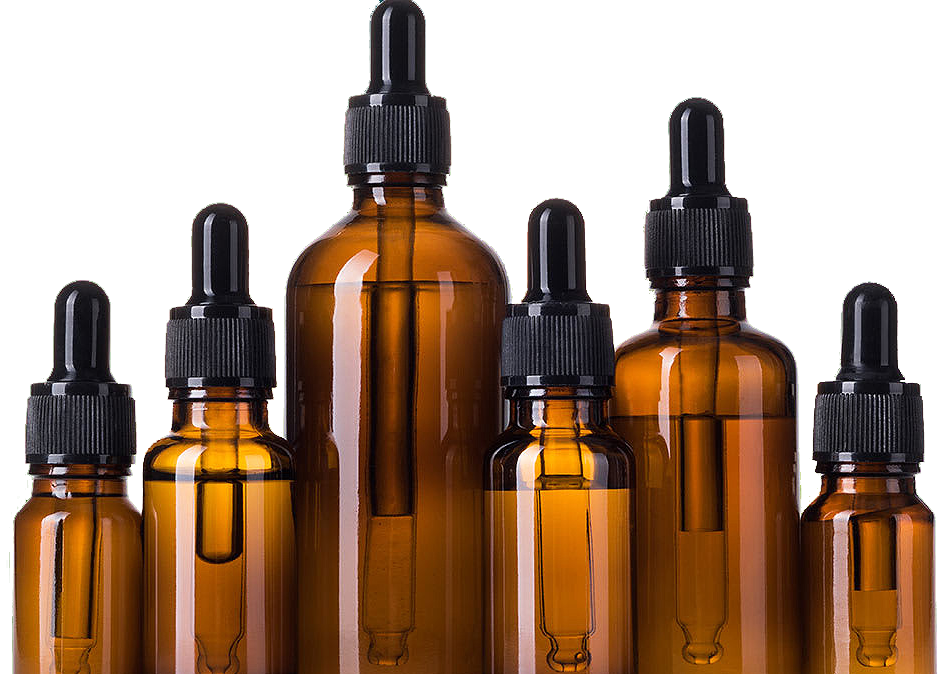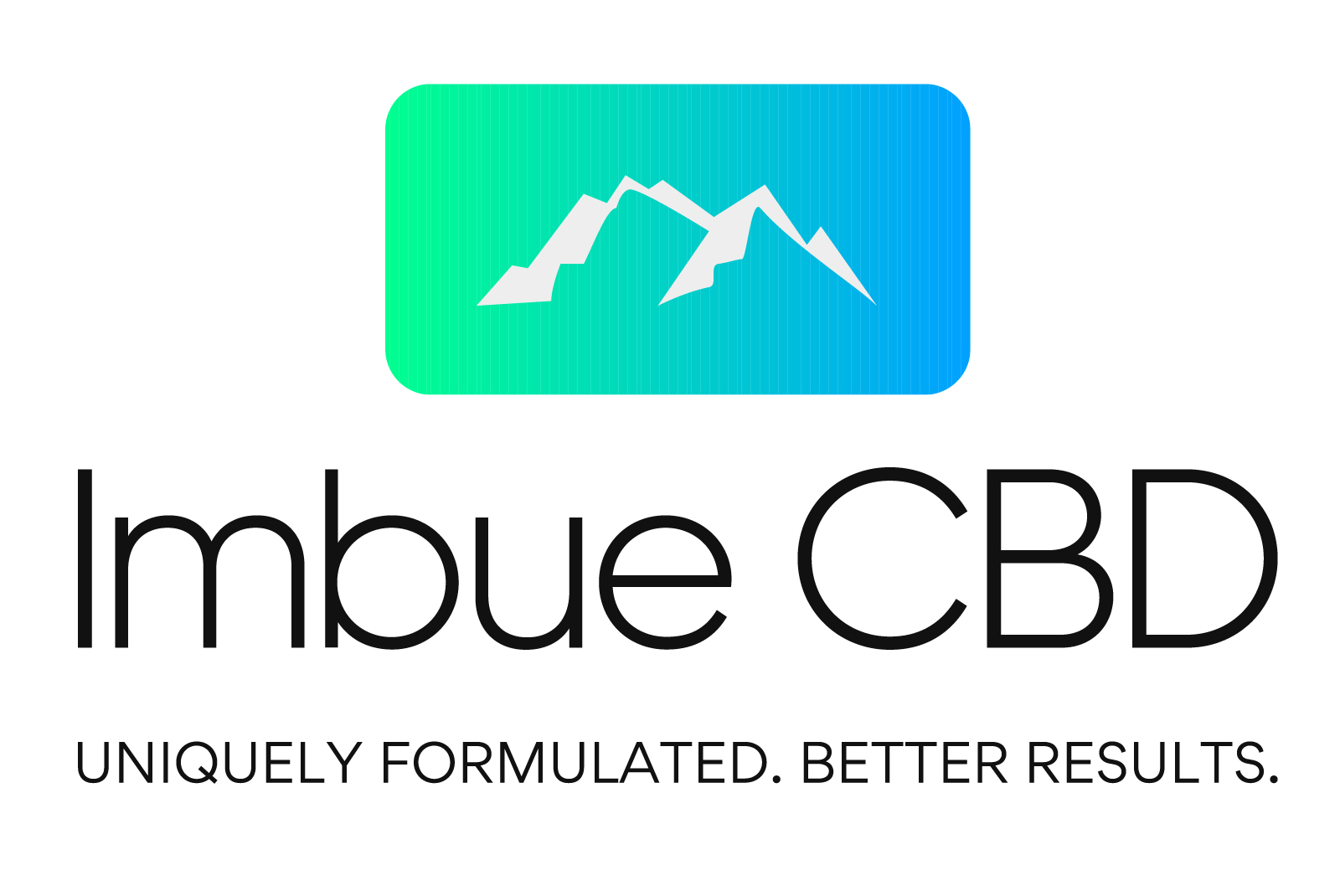How to Choose CBD Vendors & Products

Pharmacies are well-situated to take advantage of this booming product market. Choosing the best-quality products from top-tier vendors is critical for your patients’ welfare — and your reputation as a trusted health adviser.

CBD product sales continue to grow and product offerings are expanding rapidly. Following the passage of the 2018 U.S. Farm Bill, which legalized CBD products with THC levels of 0.3% or less, many ststes have now legalized and regulated the distribution and sae of CBD products.

Cannabis sativa is indigenous to central Asia but now widely cultivated throughout the world for legal and illegal uses. It has been grown throughout recorded history for industrial fiber, seed oil, animal feed, recreation, spiritual uses and medicine.
The plant contains more than 500 compounds, including at least 85 terpeno-phenolic compounds called cannabinoids. The two produced in greatest abundance are cannabidiol (CBD) and Δ9-tetrahydro-cannabinol (THC). The THC/CBD ratio in cannabis plants is genetically determined: some cannabis strains — like hemp — produce relatively low levels of THC and high levels of CBD, while others produce much higher levels of THC (marijuana).
CBD does not cause the psychoactive effects that THC does, and more commonly induces calmness and sleepiness. Despite a lack of conclusive scientific studies on CBD therapies, there is substantial evidence — both anecdotal and from preliminary research — establishing CBD as an effective treatment for anxiety, insomnia and neuropathic pain, and many other uses are being studied. Medical cannabis is used to reduce nausea and vomiting in chemotherapy, ease glaucoma symptoms, improve appetite in HIV/AIDS patients and treat chronic pain and muscle spasms. In June 2018, the FDA approved the first cannabis-derived drug — Epidiolex, which contains purified CBD — to treat childhood seizure syndromes.
The extract known as CBD oil sold in the U.S. falls into one of two categories. Crystalline isolate exclusively contains CBD with other cannabinoids removed. Full-spectrum oil retains THC andother cannabinoids. CBD oil can be used in several different ways, including capsules, sublingual tablets, tinctures, and topical creams or oils. The therapeutic effects of CBD oil are directly linked to its concentration; higher-concentration oils generally produce stronger effects.

Hemp is grown in many nations, with China the largest producer. The quality of Chinese hemp is wildly variable and CBD products sourced from it cannot be trusted, especially concerning THC level. Some CBD producers import certified organic hemp from Spain, France or the Netherlands, but we prefer companies that use U.S. hemp — Colorado and Kentucky are by far the two largest producers. Colorado does spot checks on hemp growers to test THC content of plants and monitors pesticides in some cases. Oregon is a rapidly growing hemp producer that also requires testing for THC level.
Our Advice: look for products made from U.S.-produced hemp, preferably organically grown. Colorado is best — the Hemp Industry Association considers Colorado to have the strongest state regulations. Don’t buy products derived from foreign hemp sources — especially China — because it is often unregulated and not tested for safety.

Some CBD-rich hemp products may state that they are produced from “hemp oil,” that is extracted from the leaves, resin, and/or flowering tops of hemp plants. But “hemp oil” just as often (and more properly) refers to an oil made from only the seeds of the plant that remain after crushing and processing. Hemp seed oil contains only very small amounts of CBD and is commonly used in hemp-based soaps, cosmetics, lotions and similar products. For therapeutic use, we recommend products manufactured only from oil derived from hemp leaves, resin and flowers.
There are three primary extraction methods for getting CBD oil from raw hemp: C02 extraction, ethanol extraction and extraction using liquid butane or propane. Propane and butane are toxic substances and this extraction method can leave harmful residues in finished products if it the extraction is not carefully done. Usually in all three processes, the plant material is subjected to a solvent to remove active compounds from the plant matter and filtered to yield a solution. All three extraction methodologies yield an oil once the solvent has been removed. This oil contains plant lipids, possibly chlorophyll, waxes, fats, terpenes, THC and other cannabinoids. Additional processing to remove the plant lipids and waxes is necessary to produce a more desirable extract product.
Our Advice: Buy products that are processed only from pure hemp oil and not hemp seed oil. For full and broad-spectrum products, look for those produced by C02 extraction — This method, if done well, can do a better job of extracting cannabinoids other than CBD from the plant material and does not produce harmful residuals.
All CBD products should clearly state how much cannabidiol is in the whole bottle as well as in each dose. Dosages, expressed in milligrams, vary considerably by form of product. Avoid products that list only the amount of total “cannabinoids” and not specifically the quantity of CBD and THC. Knowing the true THC level of the product is absolutely critical, as you do not want to sell products with THC levels exceeding 0.3%, which is illegal under federal law and in many states.

Any reputable CBD product will have a Certificate of Analysis (COA), which shows how the product tested for CBD and THC levels and the presence of contaminants. This testing is critical because cannabis plants readily absorb heavy metals, pesticides, and other potentially harmful chemicals from soil and water. The COA is usually accessed via a QR code or website address on the product’s box or label. Not all states require QR codes on CBD products, but it has become a common practice among reputable companies.

The certificate should show that the product was tested for THC and cannabidiol and for contaminants such as heavy metals, pesticides and bacteria. If a CBD product is marketed as full- or broad-spectrum, that means it contains a variety of cannabinoids. The COA should show the product contains at least small amounts of CBDa, CBG, CBC, CBN, and/or other cannabinoids, in addition to CBD. Be sure the THC content is not listed as being more than 0.3%. If the product contains more, it is considered marijuana and is likely not legal in your state.
It is preferable that the COA comes from an independent third-party lab. Be wary of a COA that comes from the CBD vendor itself. Those conducting in-house testing might or might not be truthful on their COAs —it’s nowhere as reassuring as an unbiased, third-party test. Check the COA to see if the testing lab’s certificate or website states that it “meets ISO 17025” standards” or is an “ISO-certified lab.” That suggests that the lab adheres to high scientific standards. Also see if the lab’s testing methods are validated by one of these national standard-setting organizations: the Association of Official Agricultural Chemists (AOAC), the American Herbal Pharmacopoeia (AHP), or the U.S. Pharmacopeia (USP).The best companies have COAs available online for every product they sell. Test results for each product should be clearly labeled with a lot number matching the lot number on the product label.
Our Advice: Never buy a product that doesn’t have valid, up-to-date COA. Make sure any COA you review can clearly match to the actual product you purchase. Make sure the lab that conducted the test is ISO-certified and subscribes to high professional testing standards.
Full-Spectrum Vs. Broad-Spectrum Vs. Isolate
CBD products may be marketed as “full-spectrum” or “CBD isolate,” which refers to the presence (or absence) of other naturally occurring compounds found in hemp. Full-spectrum CBD is an extract that contains all these compounds in the plant, including terpenes, essential oils and other cannabinoids and THC in very low levels. CBD isolate is the purest form of CBD, which is produced by removing all other compounds found in the plant. It is often touted as being “THC-free.”

Broad-spectrum CBD falls between full-spectrum and CBD isolate. As in full-spectrum CBD, the other compounds found in the plant are preserved in the extract; but THC is completely removed, as in Isolate.
Studies have shown that the full spectrum of cannabinoids, terpenes and essential oils extracted from the plant work together to magnify the therapeutic benefits of each individual cannabinoid. This is commonly referred to as the “entourage effect.” Full-spectrum and broad-spectrum products have been shown to provide enhanced benefits at higher dosages, while the effects of CBD in its isolated form remain constant at increased dosages.
None of the three products are inherently superior to the others and any one may be best for a patient depending on health conditions, desired outcomes and personal preferences. Full- and broad-spectrum products — especially tinctures — have a strong odor and taste that some patients may dislike. Isolate products have a more neutral taste and aroma. Broad-spectrum and Isolate products — which are virtually THC-free — are best for those who worry about THC content and may be subject to drug tests. (NOTE: “THC-free” does not guarantee a negative result on a drug screen. Even minute traces of THC can trigger positive results in especially sensitive tests, as can other cannabinoids.) Full-spectrum products are more effective in treating anxiety and sleep issues and for use as a general wellness supplement. High-potency isolate products may be more effective for certain conditions.
Our Advice: Stock at least one full-spectrum product and one THC-free product.
Health Claims
Reputable producers of CBD products do not make unsubstantiated claims about the health benefits of their products. Making health claims, even just the ability to treat relatively minor problems, is legal only for prescription drugs. Since 2015, the FDA has cracked down on dozens of companies selling CBD products online for making unallowable health claims. Within days of the Farm Bill becoming law, the FDA issued a statement that any hemp-based CBD product that is marketed as having therapeutic benefits or as a dietary supplement is illegal to sell unless the FDA has reviewed and approved it. Reputable producers of CBD products usually have a prominent disclaimer about any purported health benefits.
Pay Attention to the Details!
The best companies source their material from the best U.S. growers, exercise exact control over the extraction of CBD, rigorously test their products and offer ethical advice to purchasers on purity, dosage and other considerations. They are transparent and stand behind their products. Pay attention to these indicators to find high-quality products that you can legally sell with confidence to your patients.

